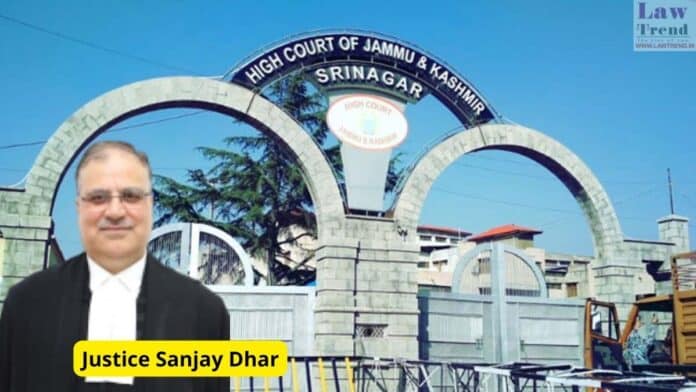In a significant ruling, the High Court of Jammu & Kashmir and Ladakh has emphasized the importance of reasoned judicial discretion in awarding interim compensation under the Negotiable Instruments Act. Justice Sanjay Dhar, presiding over the case of Mujeeb Ul Ashraf Dar vs. Mushtaq Ahmad Wani (CRM(M) No.144/2024), quashed an order by a lower court
To Read More Please Subscribe to VIP Membership for Unlimited Access to All the Articles, Download Available Copies of Judgments/Order, Acess to Central/State Bare Acts, Advertisement Free Content, Access to More than 4000 Legal Drafts( Readymade Editable Formats of Suits, Petitions, Writs, Legal Notices, Divorce Petitions, 138 Notices, Bail Applications etc.) in Hindi and English.




